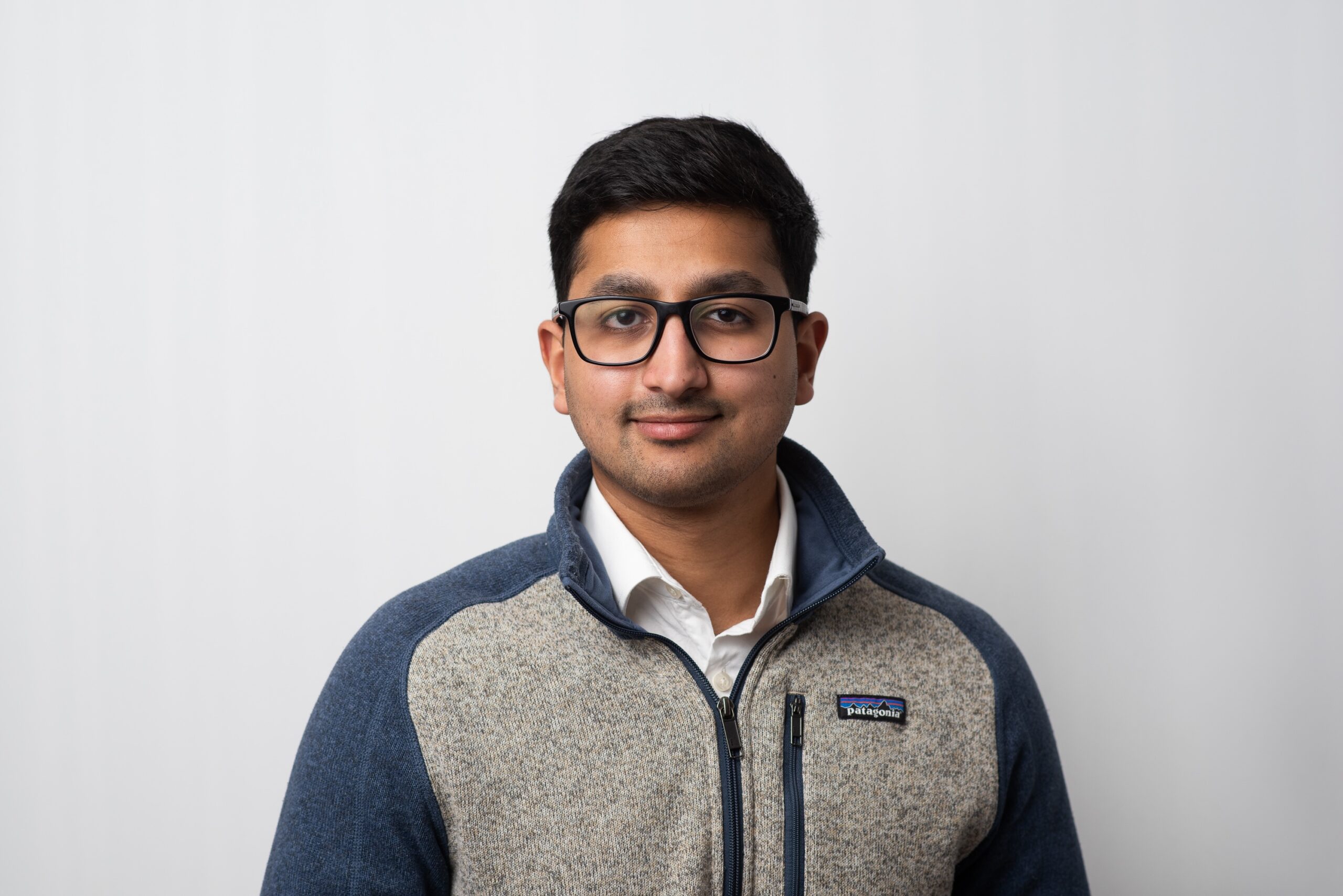
This past fall, the first cohort of McCall MacBain Scholars arrived at McGill to begin their fully funded master’s or professional degrees.
Launched in February 2019, by a landmark $200-million gift from John and Marcy McCall MacBain, the McCall MacBain Scholarship provides mentorship, coaching, and a leadership curriculum, while covering tuition and fees, as well as providing a living stipend of $2,000 per month.
Each member of that first cohort was chosen based on their character, community engagement, leadership potential, entrepreneurial spirit, academic strength, and intellectual curiosity. They are a diverse group, representing a wide range of interests and experience, ambitions and motivations.
With the 2021-2022 academic year drawing to a close, we caught up with members of that trail-blazing cohort of Scholars and asked them to reflect upon their ground-breaking experience.
As part of our Conversations with McCall MacBain Scholars series, we spoke with Nathan Duarte who is pursuing a Master of Science in Electrical Engineering at McGill.
During his time as a biomedical engineering student at the University of Waterloo, Duarte co-founded the biotechnology and bioengineering conference and subsequently grew it to a 200-person event. He led the management consulting student club and served as the academic representative for his program cohort. He also joined his mentor in building SeroTracker, a platform visualizing COVID-19 antibody test results, and led the team’s efforts to track approximately 1,600 employers’ responses to the pandemic. Over the course of his undergraduate degree, Duarte spent his summers working in research, hardware engineering, and consulting.
Where were you born and raised?
I was born in Goa, India, moved to Mississauga, Ontario when I was 3, and moved to Milton, Ontario when I was 10.
What is your field of interest and when did you start developing your interest in it? Did you have any mentors along the way?
I’m interested in health technology and, in particular, how we can better use data to improve health outcomes. I got interested in the space toward the end of high school when I was deciding whether to study life sciences or biomedical engineering in university. I had a number of key mentors along the way – many were older students or former managers with whom I kept in touch.
What was your reaction when you found out you had been selected as a McCall MacBain Scholar?
I was both humbled and excited about the opportunity to join the inaugural cohort of Scholars. When John McCall MacBain and Natasha Sawh (Dean of the Scholarships) told me the news over a Zoom call, I couldn’t stop smiling. To me, this scholarship is a vote of confidence — in the scholars, but also in the potential for Canada to continue shaping the world.
So far, what has been your favourite part of becoming a McCall MacBain Scholar?
There is no question that my favourite part of this experience has been getting to know the other scholars, many of whom I now consider close friends. It’s been incredibly rewarding to be able to get to know Montreal, mature as a graduate student, and reflect on the impact I want to have with the rest of the scholars by my side.
Who are the other McCall MacBain Scholars? How does the diversity of the cohort add to your experience as a graduate student at McGill?
The other McCall MacBain Scholars come from all sorts of backgrounds – personally and professionally. I can always count on them to provide unique and valuable perspectives that are shaped by their own experiences when I think about issues relevant to my own research and endeavours.
What is the leadership development program like? What was your favourite session or learning moment?
The leadership development program has allowed us to build important skills, such as stakeholder management and communicating with the media, in a hands-on fashion. We do this through case studies, intimate conversations with Canadian leaders who have faced similar situations, and having opportunities to run components of the program ourselves.
What kinds of people do you think should apply for this program? What would you say to those prospective applicants?
I think this scholarship is most rewarding for students who have clear interests and passions, and a hypothesis around how they want to pursue those interests and passions in an impactful way to improve the lives of others.
The saying “you miss 100 per cent of the shots you don’t take” is particularly applicable here. Trust in yourself and the work you’ve done, put your best foot forward, and let the selection committees do the rest. It’s important to note that the process is, in and of itself, highly formative. Regardless of the outcome, you’ll emerge with a better understanding of who you are and what you want to do in the world. To me, that’s compelling on its own.
Learn more about the McCall MacBain Scholarships program
